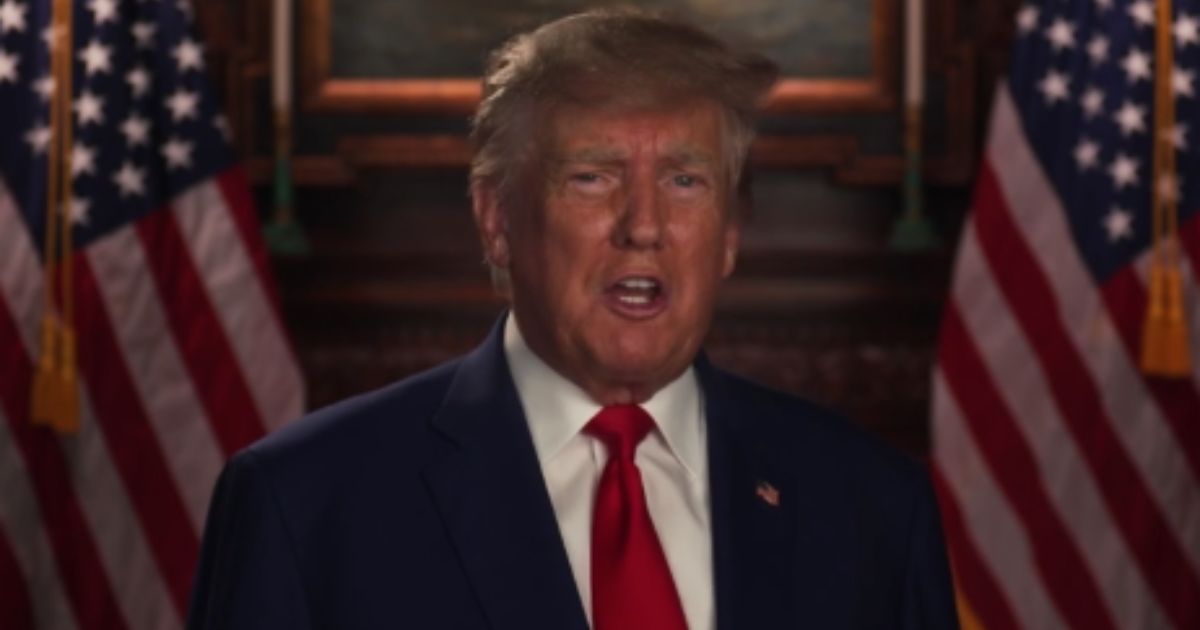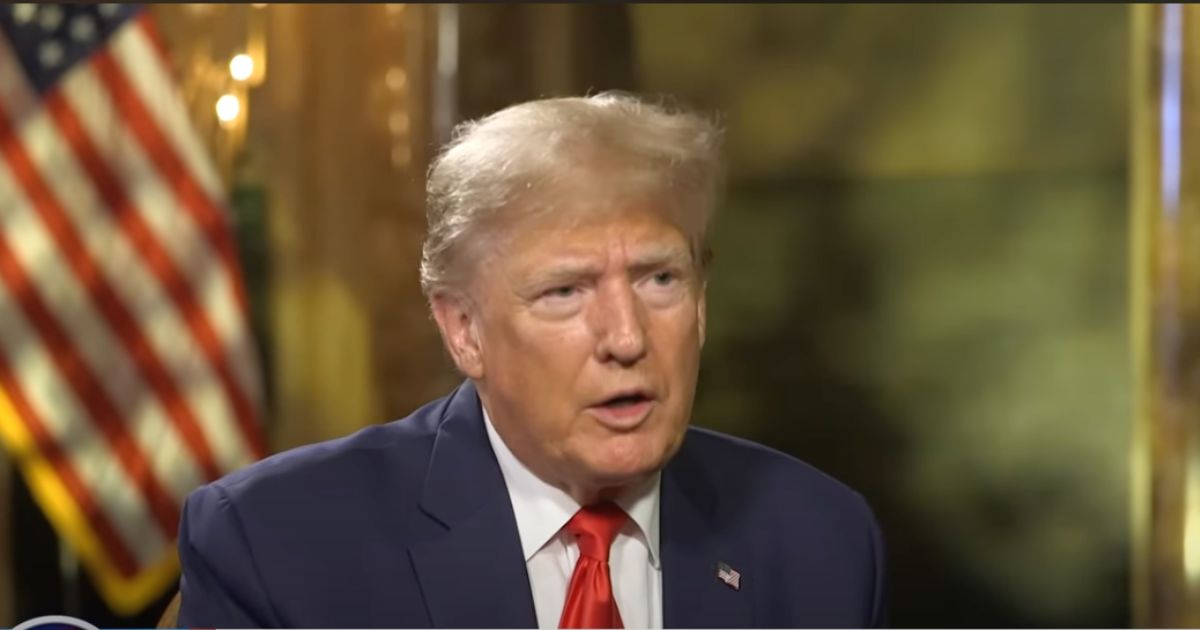'Casey’s Clan’: NRSC Highlights Alleged Family Benefits Throughout Senator's Career
The National Republican Senatorial Committee (NRSC) has launched a new campaign focusing on Democrat Sen. Bob Casey's family relationships as he seeks his fourth term in office.
This campaign investigates potential conflicts of interest and ethical questions surrounding Casey’s familial affiliations during his tenure, as Breitbart reports.
In 2006, Casey was first elected to the U.S. Senate, vowing to address corruption in Washington, D.C. He made a symbolic gesture to support his commitment by introducing an ethics plan at a location previously owned by the disgraced lobbyist Jack Abramoff.
Throughout Casey's career, which spans nearly two decades, his advocacy for ethics reform has been a central theme of his political agenda.
However, as his fourth term campaign unfolds, scrutiny has intensified regarding his family’s connections to his Senate activities.
Allegations of Self-Dealing and Familial Gains
A report by NBC News outlined various activities involving Casey’s family that appear to intersect with his political career. One of Casey's brothers, shortly after Casey advocated for legislation that benefited the semiconductor industry, registered as a lobbyist for a semiconductor manufacturer.
Another brother is linked to a law firm that has not only contributed significant amounts to Casey’s political campaigns but also is involved in recommending federal judges. Moreover, Casey’s sister owns a printing company that reportedly has received sizable payments from his political campaigns.
This series of familial financial involvements has raised concerns about potential preferential treatment and ethical conflicts. The NRSC has pointedly named this situation 'Casey Cartel' and established a website to publicize these allegations.
Political and Public Reaction to Casey's Actions
Phillip Letsou, a spokesperson for the NRSC, has been vocal in his criticism, claiming that Bob Casey and his family’s dealings signify a "pattern of corruption." According to Letsou, this could infuriate voters, especially those struggling financially in Pennsylvania.
The New York Post and Politico have also reported on this issue, suggesting overlaps between Casey's Senate work and his family’s business activities, which might border on the unethical. These developments have stirred a significant debate about the implications of such familial connections in politics.
In defense, Casey referenced his support for the CHIPS and Science Act in a campaign ad. This legislation aimed to boost domestic semiconductor production, although Pennsylvania itself did not receive grants from this initiative.
Impact on Pennsylvania and Casey's Political Future
Critics, including staff from Casey's Republican opponent, argue that despite his support for the CHIPS and Science Act, Casey was ineffective in ensuring Pennsylvania benefitted directly from the legislation. No semiconductor plants have been announced for Pennsylvania, which has become a point of contention in his re-election campaign.
The allegations suggest not only a potential misuse of influence but also question Casey's effectiveness as a senator in bringing economic benefits to his state through major legislative initiatives.
The discourse surrounding Casey's campaign throws into sharp relief the delicate balance between personal affiliations and public duty, a perennial issue in political ethics debates.
Summary of Casey’s Campaign Challenges
As Sen. Bob Casey seeks another term, the intertwining of political influence and familial gains presents a challenging narrative. With accusations from the NRSC framing his campaign backdrop, the senator's political and personal decisions continue to be under rigorous scrutiny.
The reexamination of Casey's initial promises against his family's alleged gains provides a complex picture of a politician navigating through the intricate dynamics of power, influence, and accountability. As voters and opponents watch closely, Casey’s campaign strategy will likely focus on addressing these ethical concerns while reinforcing his legislative accomplishments.
Overall, the tale of "Casey’s Clan" as coined by the NRSC, unfolds as a potent narrative in the age of political transparency and accountability, raising critical questions about the intertwining of personal interests with public service roles.
In conclusion, Sen. Bob Casey’s reelection campaign is shadowed by allegations linking his familial ties to his Senate duties, presenting both an ethical and political challenge as he contends for a fourth term. The NRSC has named this perceived pattern of behavior the "'Casey Cartel," accusing the senator of prioritizing family enrichment over public service, a sentiment that is increasingly scrutinized by the public and media alike.





